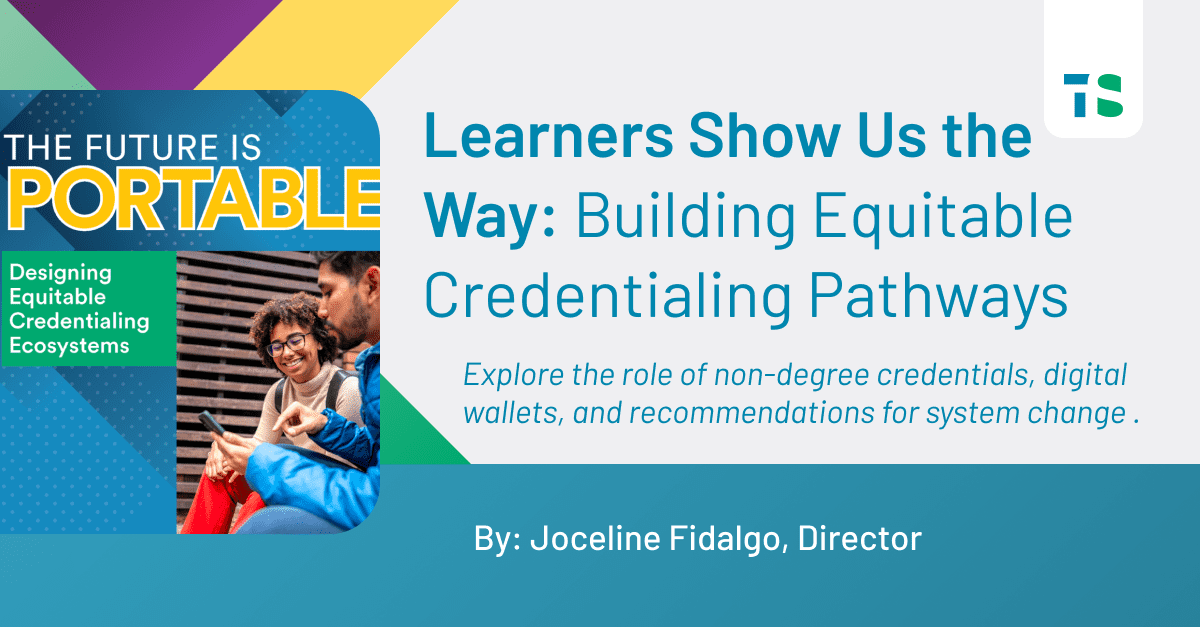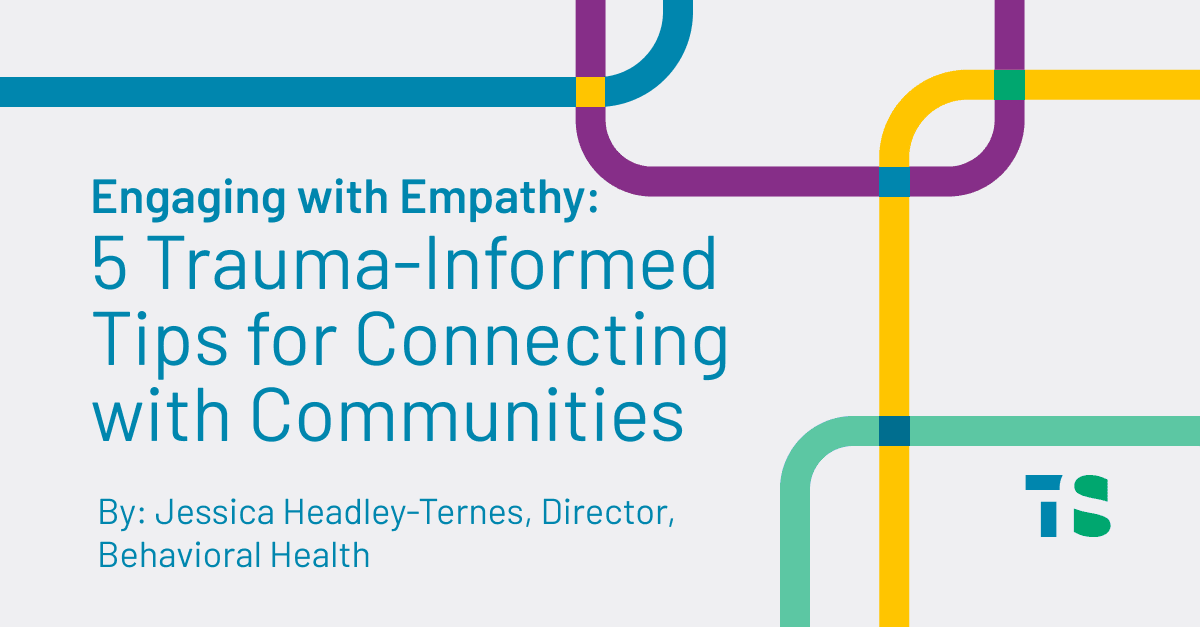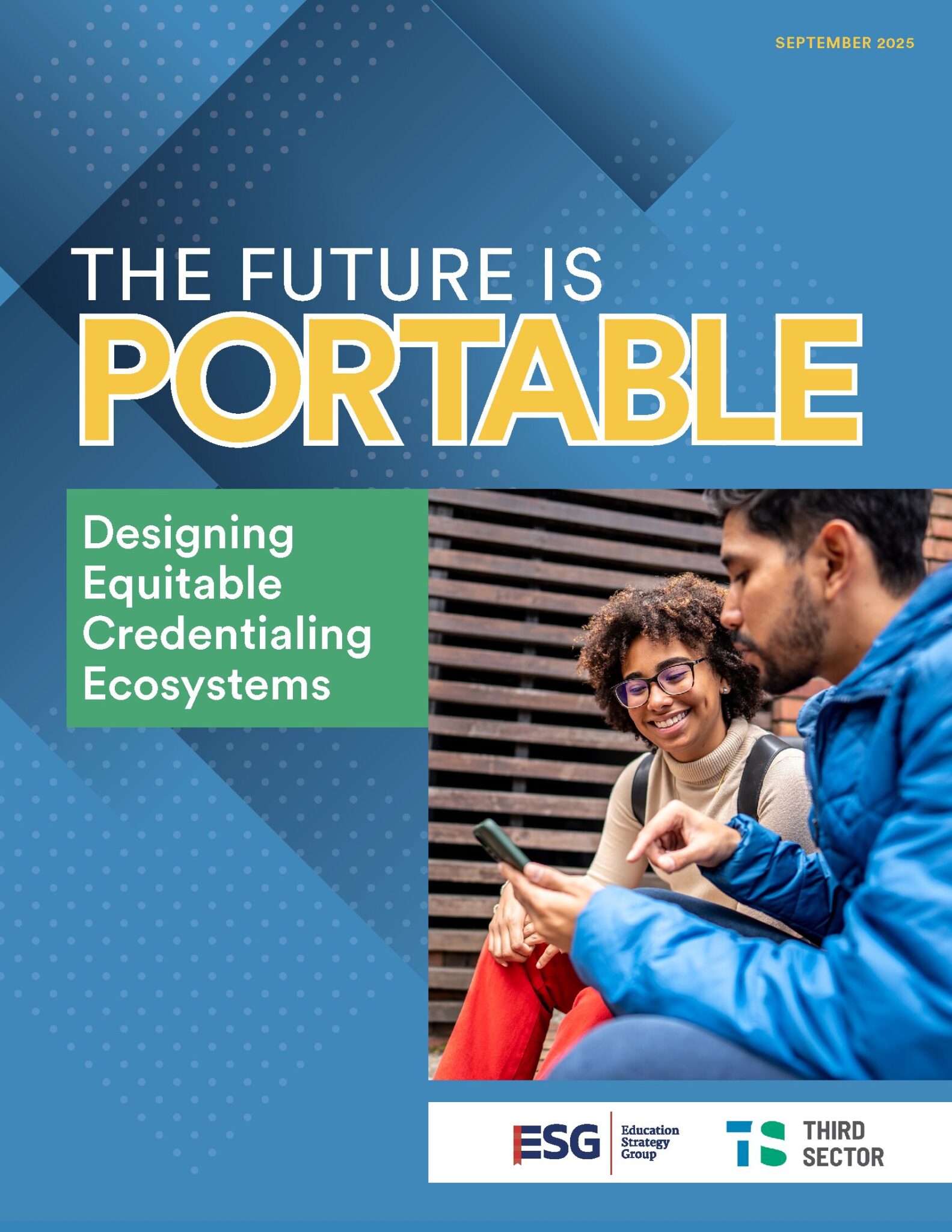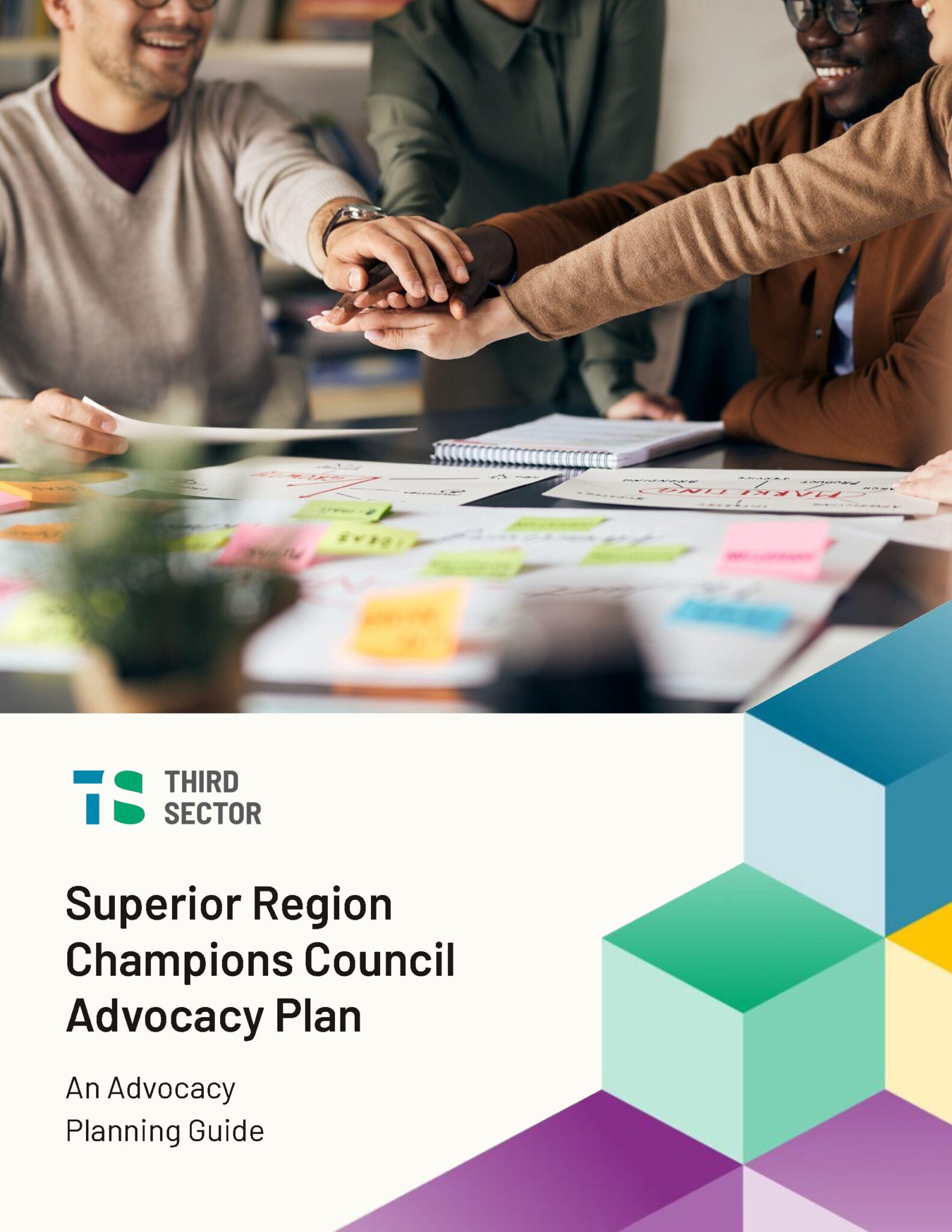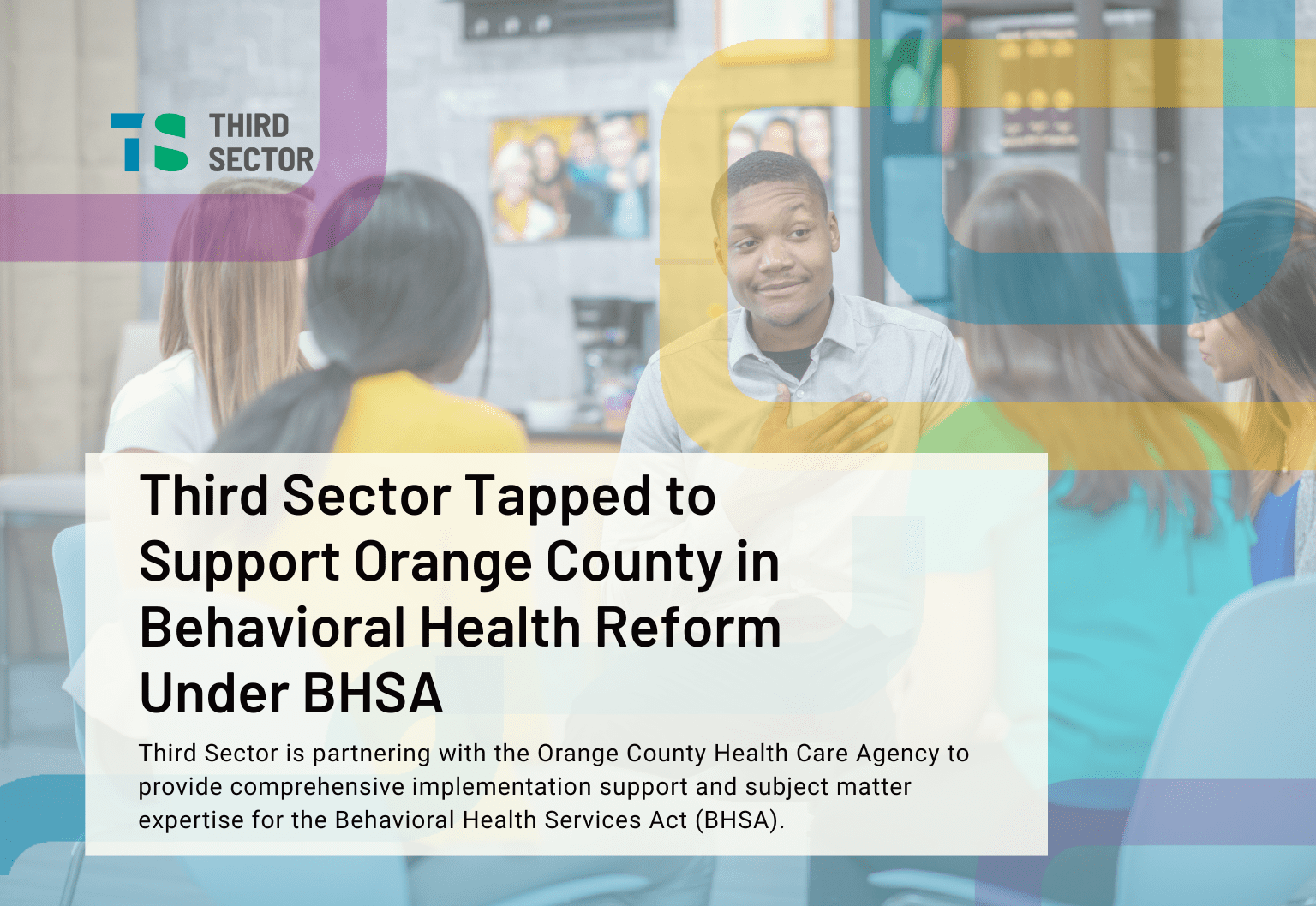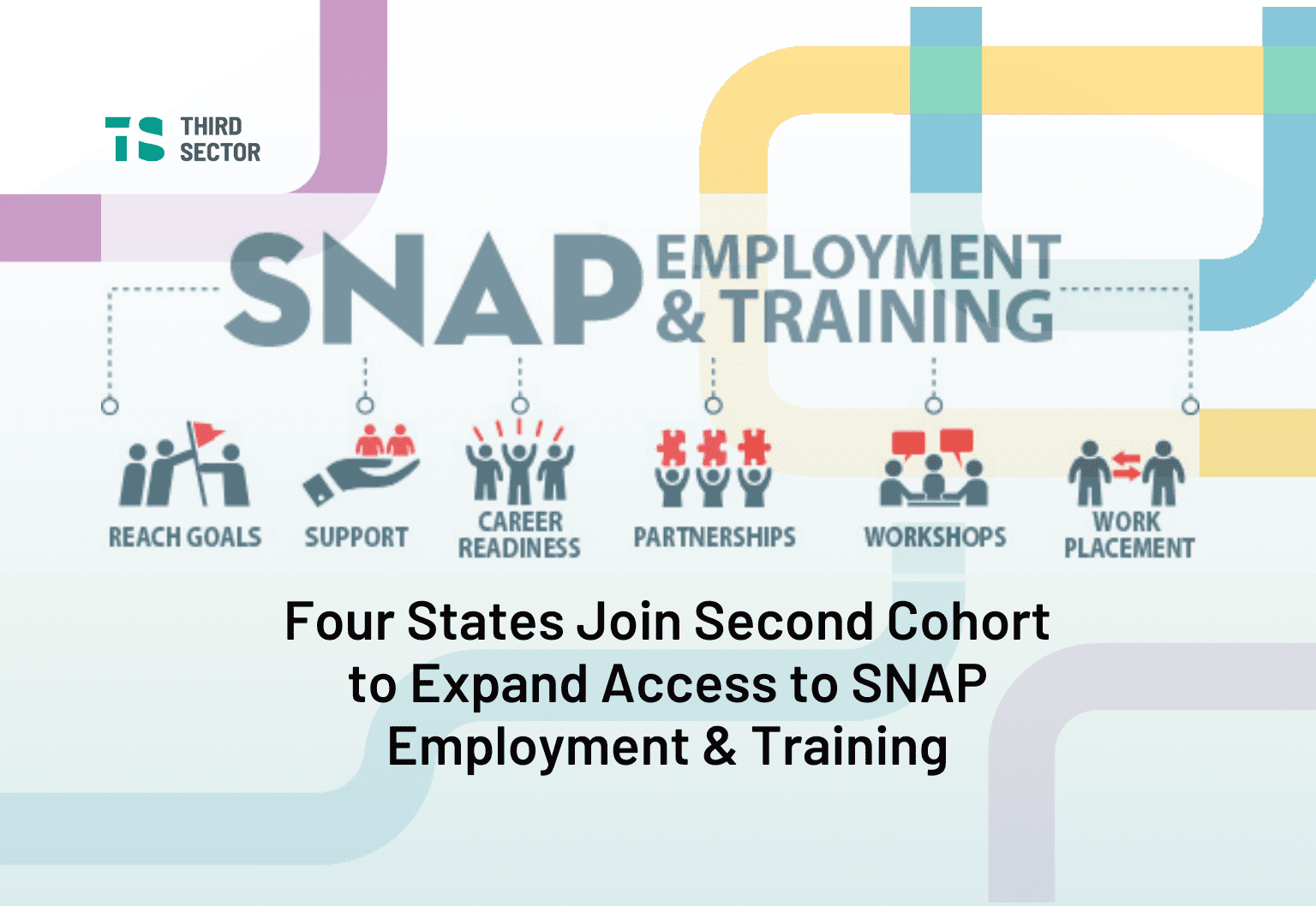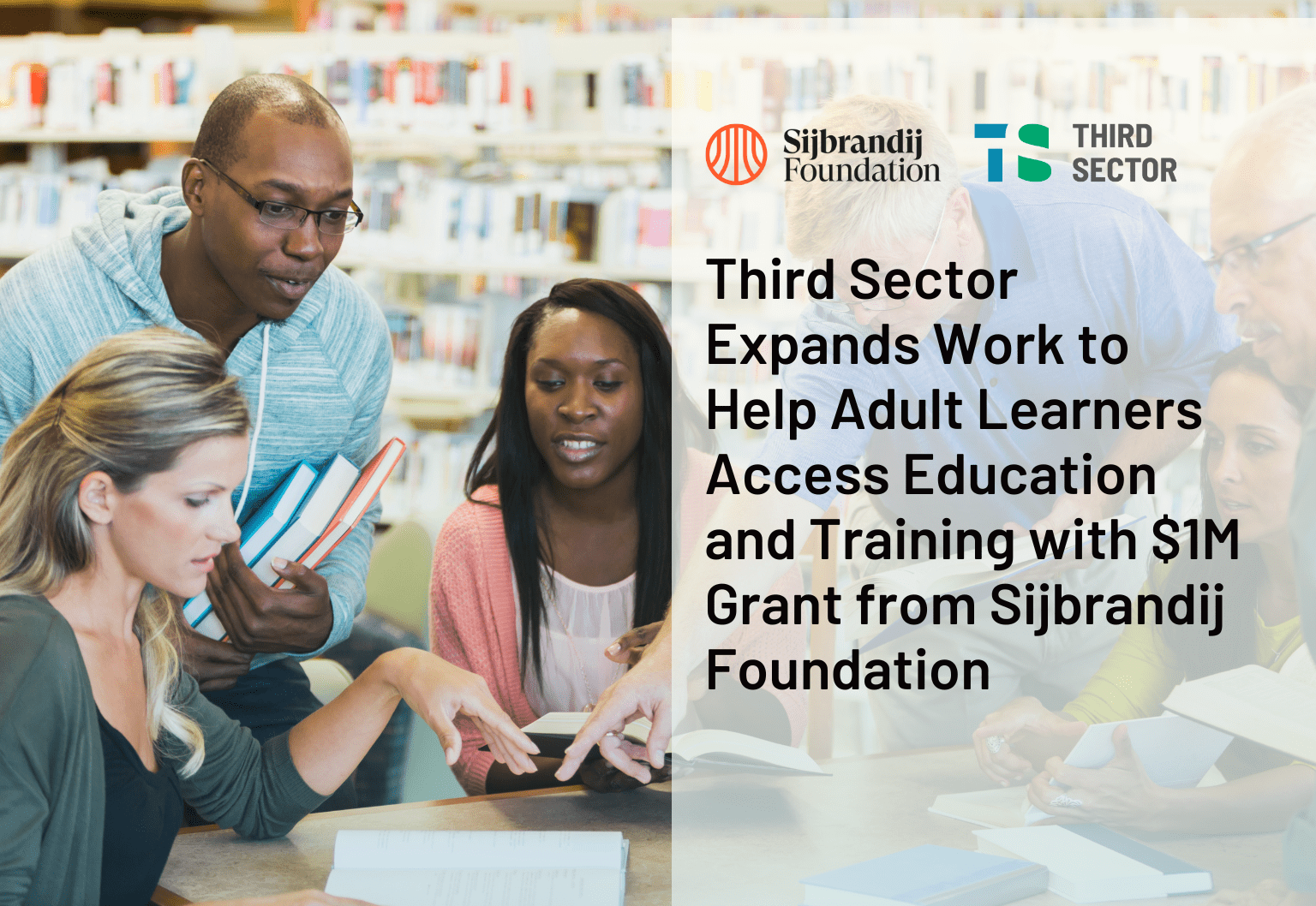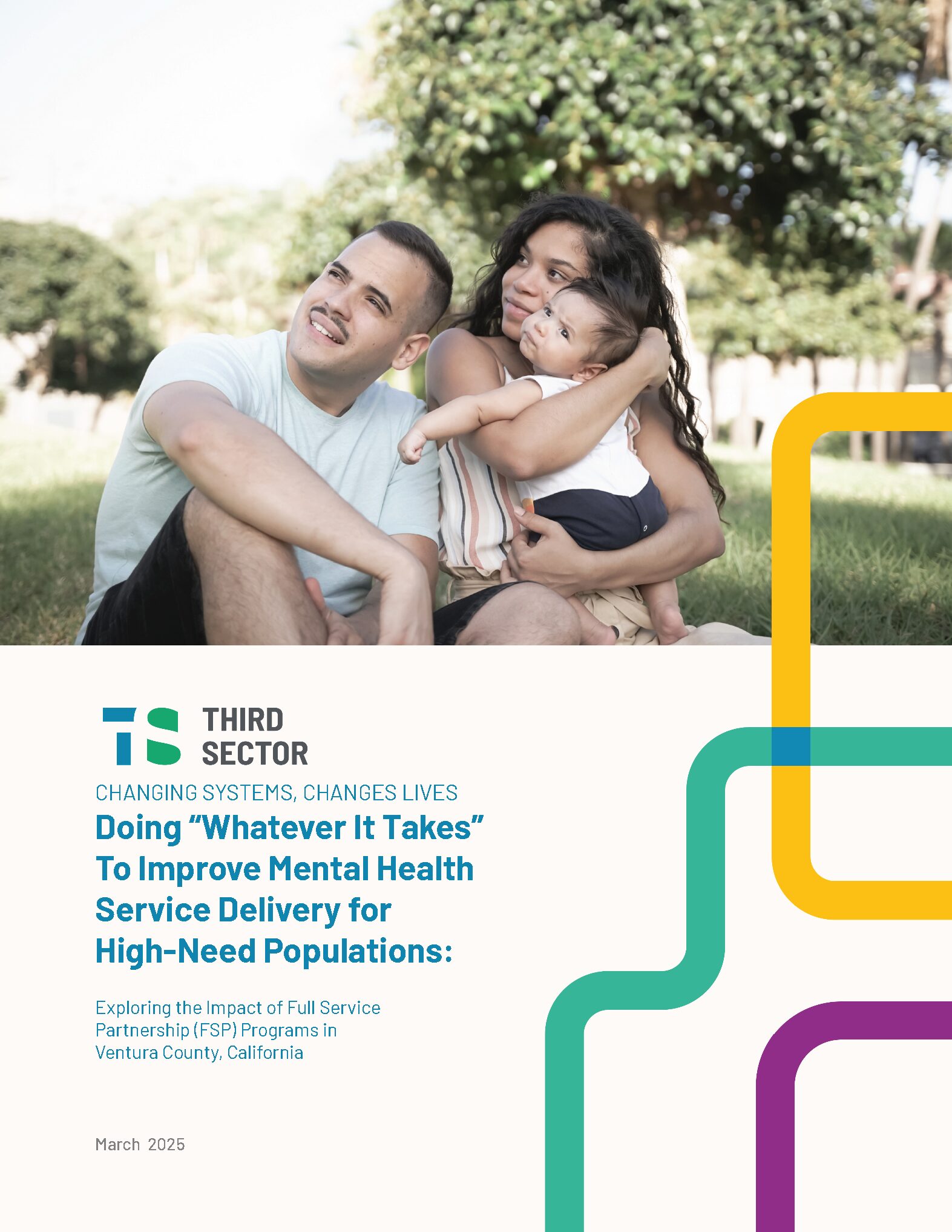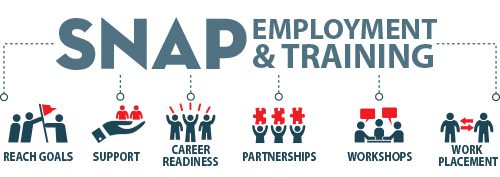Powering Climate & Infrastructure Careers: Three Lessons for a Data-First Approach to Building a Green Workforce in Arizona
In Arizona, the Office of Economic Opportunity (OEO) serves as the state’s central authority for labor market information, providing the data and analysis that inform critical workforce and economic development decisions. As Arizona’s economy continues to grow and diversify, the state has a unique opportunity to shape its future workforce by aligning data, policy, and investment around the green economy. One of the biggest challenges in building a green economy is the lack of a standardized definition for “green jobs.” Without clear parameters and a shared understanding of green jobs, …
Powering Climate & Infrastructure Careers: Accelerating Systemic Success in Minnesota
Minnesota leads the U.S. in addressing climate change, with the goal of achieving 100% carbon-free electricity by 2040, in alignment with the state’s comprehensive Climate Action Framework, its strategy for addressing and preparing for climate change. Minnesota leaders view addressing climate change as an opportunity to bolster the economy and foster a more inclusive state. Minnesota’s “Drive for 5 Initiative” focuses on recruiting from and providing opportunities for underserved populations in the near-term to meet the high demand and project growth of priority occupational groups, including clean energy, trades, and …
Powering Climate & Infrastructure Careers: Reframing Job Quality as a Business Solution in Michigan
Michigan is actively pursuing a clean energy future, and like many states, faces the critical challenge of not just creating new jobs, but establishing high-quality, family-sustaining careers to attract, cultivate, and retain a skilled workforce. The Michigan Department of Labor and Economic Opportunity (LEO) sits at the center of this effort, connecting residents with employment opportunities and helping businesses find the talent they need to thrive. As a participant in the Families and Workers Fund’s Powering Climate and Infrastructure Careers (PCIC) initiative, LEO strives to build an equitable and prosperous …
Powering Climate & Infrastructure Careers: Advancing Sector Strategies in New Mexico
New Mexico is currently undergoing an energy transition away from legacy fossil fuel industries, such as oil, gas, and coal, toward a green economy, which requires a skilled workforce for emerging jobs in these industries. Executive Order 2024-152 and New Mexico’s Workforce Innovation and Opportunity Act (WIOA) state plan mandate the state to train 2,000 New Mexicans for infrastructure and climate-ready professions by 2026. Meeting the aspirational mandates of these regulatory requirements presents state leaders with an opportunity to ensure that these climate-ready jobs are of high quality, with accessible …
Powering Climate & Infrastructure Careers: A National Imperative for Tomorrow’s Economy
The United States’ transition to a clean economy is one of the greatest opportunities of our generation. This shift enables us to not only build sustainable infrastructure that powers our homes and transports us safely from one town to the next, but also has the potential to create thousands of quality jobs that strengthen economic possibilities for our neighbors and communities if we act with intention. These jobs, which offer a living wage, purpose, and pathways for advancement in sectors like manufacturing and energy, are strengthening neighborhoods nationwide. Jobseekers, workers, …
Learners Show Us the Way: Building Equitable Credentialing Pathways
Learners across the country continue to describe credentialing systems as confusing and challenging to navigate. This became clear in our recent conversations with educators, employers, and partners who witness these challenges unfold in real time. During our The Future is Portable: A Conversation with Leaders webinar, panelists described the urgency of building systems that help learners access and share their skills in ways that feel clear, intuitive, and supportive of their long-term goals. At CBExchange, the discussion continued as we explored how digital wallers and Learning and Employment Records (LERs) …
Engaging with Empathy: 5 Trauma-Informed Tips for Connecting with Communities Insights from our work with the Sutter-Yuba iCare Program
For public sector workers transforming behavioral health systems, engaging with stakeholders currently in crisis often means stepping into sensitive spaces–whether they are currently experiencing violence, homelessness, or severe mental illness. Collecting insights about their experience requires a trauma-informed approach to ensure the well-being of the participants as collaborators in the process. It’s about building trust, fostering psychological safety, and honoring the lived experiences of those you serve, while also protecting your own energy to truly show up and be present with your stakeholders. At Third Sector, our Behavioral Health projects …
The Art of Adaptive Facilitation: Lessons from the Field Lessons from Third Sector's Work with REINVEST, Sutter-Yuba iCare, and the California MHSOAC
Government projects rarely unfold exactly as planned. Funding shifts, capacity varies, and data and operations are often messier than expected. For consultants and public partners, success depends less on sticking rigidly to scope and more on practicing adaptive facilitation—the art of adjusting scope, style, and role to meet clients where they are, while still delivering impact. At Third Sector, we’ve seen this play out across projects of every size and context. Whether stepping back to address foundational capacity issues, loosening rigid processes to prioritize authentic presence, or designing tools that …
Building a Provider-Led Early Childhood System in Alabama Lessons from Third Sector's Work With Small Magic
At Third Sector, a core part of our work is helping partners build authentic community leadership and shared decisionmaking structures. Our work with Small Magic addresses longstanding gaps in the early childhood ecosystem in Jefferson County, Alabama, which reflect a national trend of policymakers undervaluing provider expertise and making policy decisions disconnected from the lived experiences and realities of children and families. The recent launch of the Jefferson County Provider Council, a result of our work with Small Magic, serves as a compelling case study on how to establish authentic …
Third Sector and Education Strategy Group (ESG) Release New Report on Credentialing Ecosystems
Third Sector and Education Strategy Group (ESG) are proud to announce the release of their new report, “The Future is Portable: Designing Equitable Credentialing Ecosystems.” This timely publication explores the transformative potential of non-degree credentials (NDCs) and digital wallets in advancing economic mobility and equity, while also addressing the challenges that hinder their widespread adoption and impact. The report highlights how NDCs—such as certificates, certifications, licenses, and badges—are becoming increasingly vital pathways to quality jobs. Yet, today’s credentialing landscape remains fragmented, leaving learners uncertain about which NDCs hold value and …
From Recognition to Integration: Investing in Community-Defined Evidence for Mental Health Equity Lessons Learned From Our Work With Fresno County Department of Behavioral Health
In the last nine months, Third Sector has worked closely with the Fresno County Department of Behavioral Health and three community-based organizations that offer CDEPs in the county to identify practical, tailored strategies for CDEP sustainability. These strategies offer ongoing revenue opportunities for community-based organizations through integration with Medi-Cal billable services. These three examples illustrate how other counties can integrate and sustain CDEPs into a thriving behavioral health ecosystem, functioning as program delivery settings, access points, or embedded supports.
How to Lead with Integrity in Stakeholder Engagement Work Lessons from Third Sector's Work with California's Council on Criminal Justice and Behavioral Health (CCJBH) Superior Region Lived Experience Project
Many people who have had contact with the criminal-legal system are also struggling with behavioral health challenges. Approximately 80% of people incarcerated in California have a substance use disorder, and 36% are living with a mental illness (CCJBH 2023 Annual Report). Yet among those released, behavioral health service utilization remains low. This gap points to the urgent need for coordinated, integrated care between the behavioral health and criminal-legal systems. From December 2024 to April 2025, Third Sector collaborated with the California Council on Criminal Justice and Behavioral Health (CCJBH) to …
Third Sector Tapped to Support Orange County in Behavioral Health Reform Under BHSA
Third Sector is partnering with the Orange County Health Care Agency to provide comprehensive implementation support and subject matter expertise for the Behavioral Health Services Act (BHSA), California’s landmark legislation to transform behavioral health systems. Under the BHSA, counties must redesign Full Service Partnerships (FSPs) to prioritize behavioral health equity, integrate mental health and substance abuse services, and deliver measurable outcomes. This work falls under Orange County’s PIVOT initiative, a multi-component BHSA Innovation project designed to test bold approaches to behavioral health transformation. Through this effort, Third Sector will serve …
Four States Join Second Cohort to Expand Access to SNAP Employment & Training
With support from the U.S. Department of Agriculture’s SNAP Employment & Training Partnership Grant, the National Governors Association (NGA), in partnership with Third Sector, has launched the second cohort of the Policy Academy to Strengthen SNAP Employment & Training (E&T) Delivery. Cross-agency teams from Maryland, North Carolina, Idaho, and South Carolina have been selected to join this national initiative focused on expanding access to SNAP E&T services. Together with NGA and participating states, Third Sector will help advance strategies that improve service coordination and strengthen outcomes for SNAP E&T participants. …
Third Sector Expands Work to Help Adult Learners Access Education and Training with $1M Grant from Sijbrandij Foundation
Third Sector is delighted to announce an expansion of our work advancing the adoption of Lifelong Learning Accounts (LiLAs) through a renewed $1 million grant from the Sijbrandij Foundation. This investment deepens the work of our Postsecondary Opportunity Practice Area, positioning LiLAs as a core strategy to support adult learners in accessing flexible, career-connected funding for education, upskilling, and credential attainment. LiLAs are learner-centered savings vehicles that help individuals fund postsecondary education and workforce training, especially outside of traditional degree paths. In this next phase, Third Sector will continue to …
A Growing Need for Mental Health Care: Expanded FSP Offerings To Include 2 New Programs
This post is an excerpt from our Changing Systems, Changes Lives Series – Doing “Whatever It Takes” To Improve Mental Health Service Delivery for High-Need Populations: Exploring the Impact of Full Service Partnership Programs In Ventura County, CA. Mental health conditions are becoming more prevalent throughout the United States, with low-income populations and communities of color facing higher barriers to access and quality care. In the U.S., it is estimated that more than 23 percent of adults, or roughly 1 in 5, live with a mental illness (59.3 million in …
Improving How Behavioral Health FSP Programs Provide Responsive Services 3 Lessons For Technical Assistance Providers From Work With Ventura County Behavioral Health FSP Programs
This post is an excerpt from our Changing Systems, Changes Lives Series – Doing “Whatever It Takes” To Improve Mental Health Service Delivery for High-Need Populations: Exploring the Impact of Full Service Partnership Programs In Ventura County, CA. In 2020, Ventura County Behavioral Health’s (VCBH) involvement in the Multi-County Full Service Partnership (FSP) Innovation Project with Third Sector marked an important turning point for the agency. It was the first time VCBH committed substantial time and resources toward clarifying and improving its FSP programs to improve its services and outcomes …
Lessons Learned in State-Community Collaboration From Third Sector's Work on Mixed Delivery Early Childhood Education Systems with Minnesota’s Department of Education
Collaboration between state agencies and local communities is critical in building a sustainable and equitable early childhood education mixed delivery system. A mixed delivery system recognizes that one size “does not fit all” and offers an individualized approach. Families are thus provided with access to early childhood education through a variety of providers, including public schools, private child care centers, Head Start programs, and family child care homes. This approach ensures flexibility and choice, with the goal of equitable access across settings. Over the past year, Third Sector worked closely to …
Setting the Stage for Public Service Design Projects: Lessons in Collaboration From Third Sector's Work on Mixed Delivery Early Childhood Education Systems with Minnesota’s Department of Education
Everyone can benefit when our government agencies collaborate with community members, local providers, and business leaders to design and deliver services. The programs that help our children learn, prepare us for good jobs, ensure we can get and stay healthy, and keep us safe rely on strong partnerships to succeed. Strong collaborations make our government more efficient and innovative by enabling partners to share resources in ways that make sense, fostering the connections that allow communities to dream big—and to succeed. At Third Sector, we are excited about working with …
Reimagining SNAP E&T: Lessons Learned from Third Sector and NGA Building Bridges Across the Workforce Ecosystem Apply to the 2025-2026 Policy Academy Cohort by June 6
Across the country, SNAP Employment & Training (E&T) and other workforce development programs often operate in silos. Each aims to support economic mobility but does so through disconnected strategies, funding streams, and eligibility requirements. This fragmentation makes it harder for job seekers, especially those relying on SNAP, to access coordinated, high-quality services that lead to lasting employment. To address this challenge head-on, the National Governors Association Center for Best Practices (NGA Center), in collaboration with Third Sector, created the Policy Academy to Strengthen SNAP E&T Delivery. Designed as a structured, …






